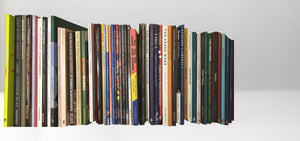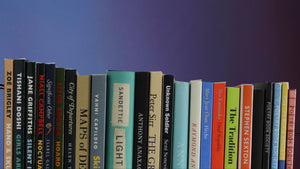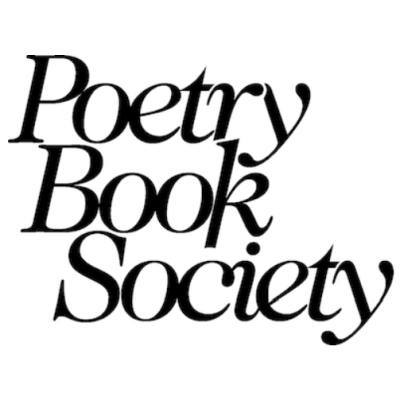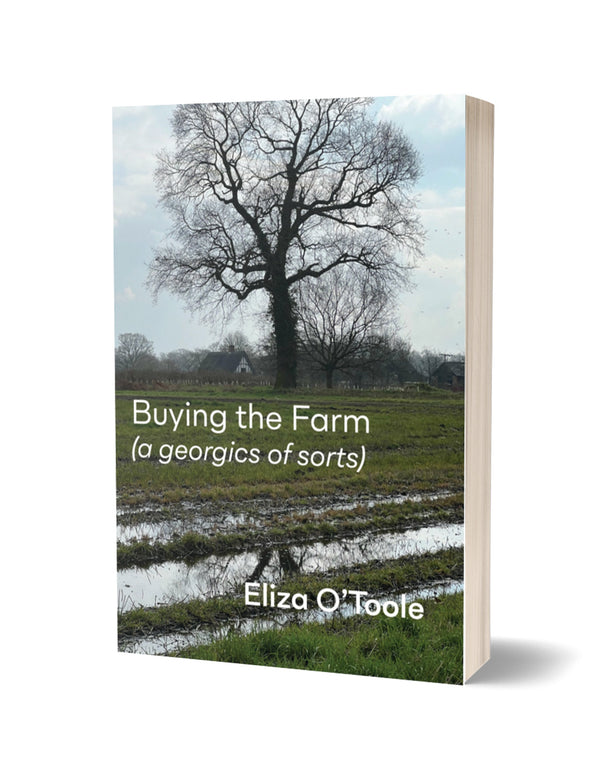Buying the Farm by Eliza O'Toole PRE-ORDER
Shearsman Books
Published 15th July 2025. Available for pre-order.
The phrase 'to buy the farm' is a euphemism for death. Attested etymologically at least to WWII where if someone had died, they had "bought the farm in the skyâ€. The term to 'buy it' means to die, and the reference to 'farm' relates to the Anglo-Saxon 'feorh' which signifies life. 'Eliza O'Toole's landmark work is much more than a 'word-hoard' of and around the farmland of East Anglia, the territory of Constable and Gainsborough. This is an angular book of linguistic inventiveness and substance, at once multilingual and polyphonic employing different registers to accommodate a divergent range and depth of agricultural, botanical, lepidoptera, historical and etymological knowledge. Each poem is in the present with an imposing sense of the past being visible within a mutable natural world. This is a mapping of place that digs deep down into the biochemistry and fragility of the land, wildlife, plants, insects, animals and farming life. In its slant investigation of the layered traces of time worked into the land, it considers whether current farming practices are obsolete by asking obliquely, 'can the land afford a farm' or 'has the farm already been bought'. As a lexical analogue of the land, it delivers a vibrant, messy, stricken world of polychronic becomings. This is an extraordinary achievement.†-David Caddy
The phrase 'to buy the farm' is a euphemism for death. Attested etymologically at least to WWII where if someone had died, they had "bought the farm in the skyâ€. The term to 'buy it' means to die, and the reference to 'farm' relates to the Anglo-Saxon 'feorh' which signifies life. 'Eliza O'Toole's landmark work is much more than a 'word-hoard' of and around the farmland of East Anglia, the territory of Constable and Gainsborough. This is an angular book of linguistic inventiveness and substance, at once multilingual and polyphonic employing different registers to accommodate a divergent range and depth of agricultural, botanical, lepidoptera, historical and etymological knowledge. Each poem is in the present with an imposing sense of the past being visible within a mutable natural world. This is a mapping of place that digs deep down into the biochemistry and fragility of the land, wildlife, plants, insects, animals and farming life. In its slant investigation of the layered traces of time worked into the land, it considers whether current farming practices are obsolete by asking obliquely, 'can the land afford a farm' or 'has the farm already been bought'. As a lexical analogue of the land, it delivers a vibrant, messy, stricken world of polychronic becomings. This is an extraordinary achievement.†-David Caddy

MEMBERS ENJOY 25% OFF ALL POETRY BOOKS

Join the Poetry Book Society for 25% off all books
Join the Poetry Book Society for 25% off all books

